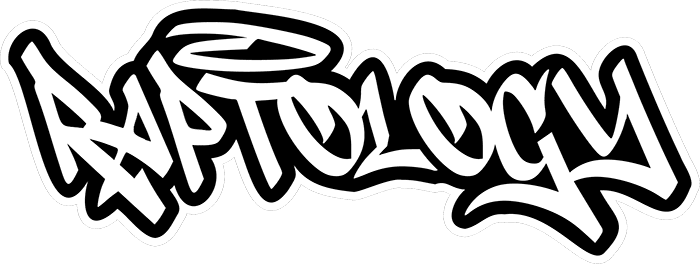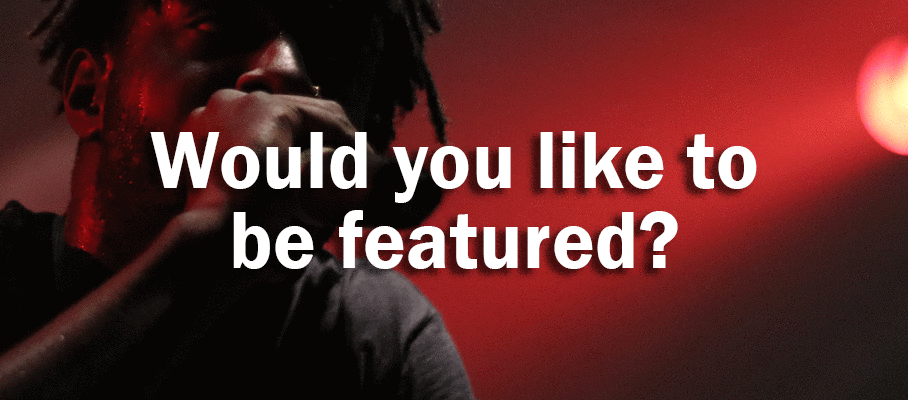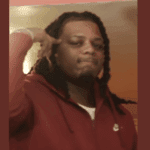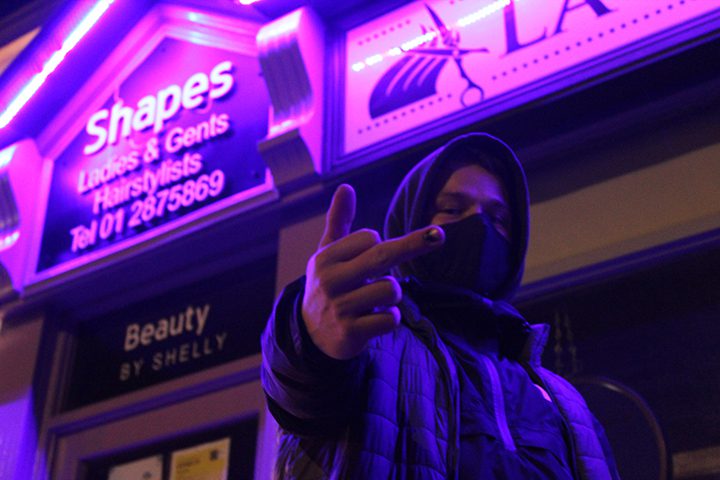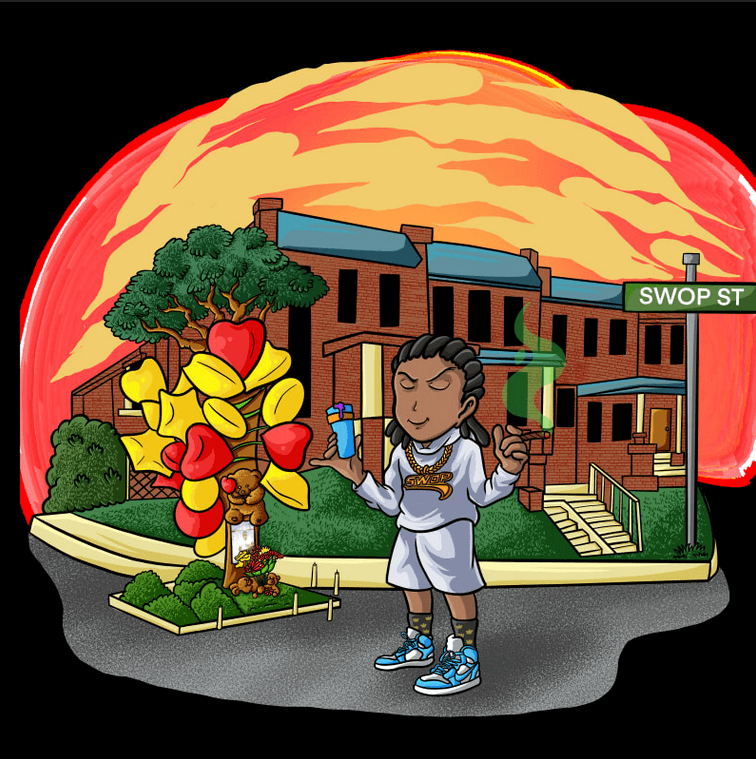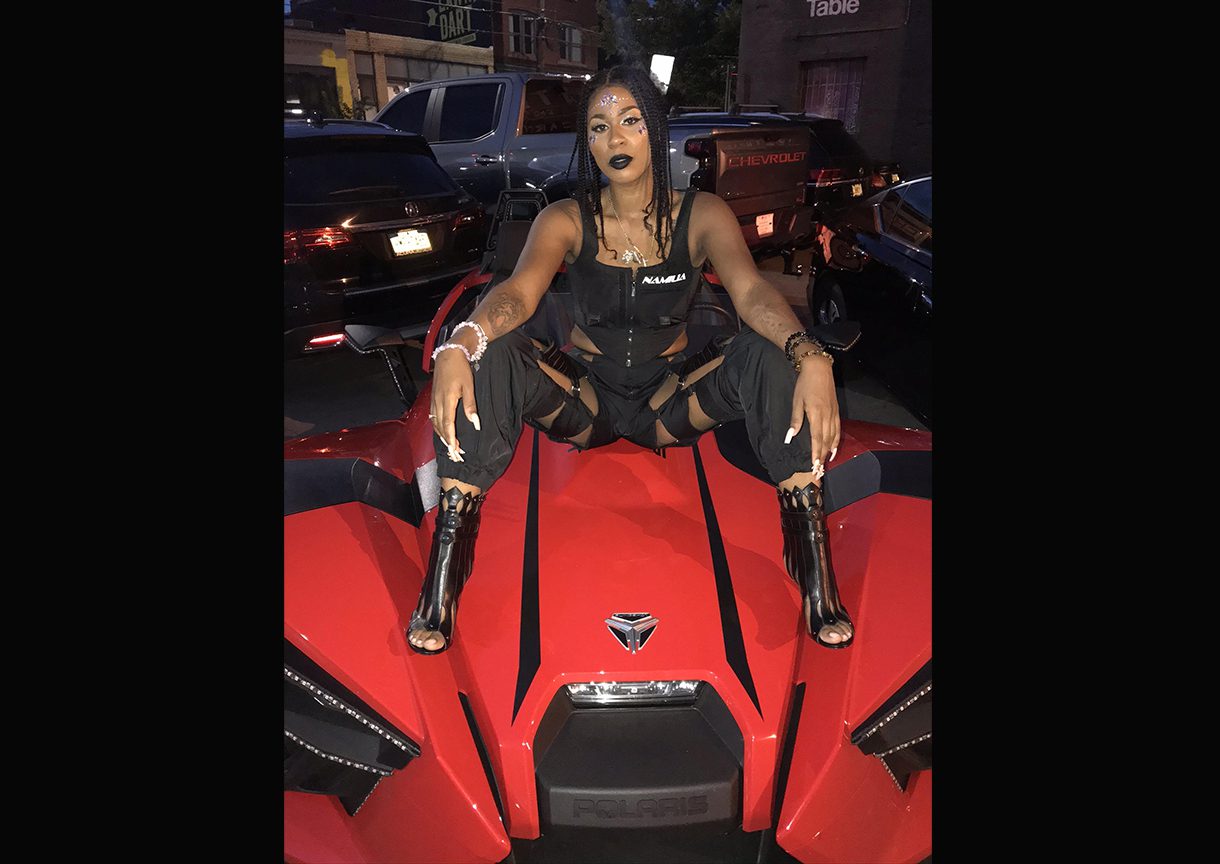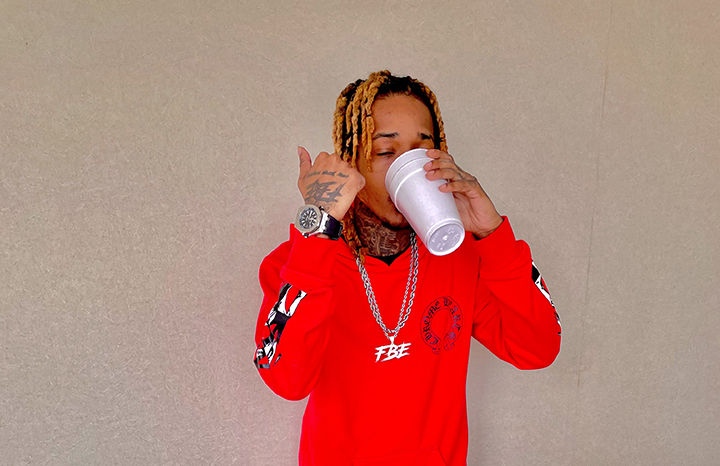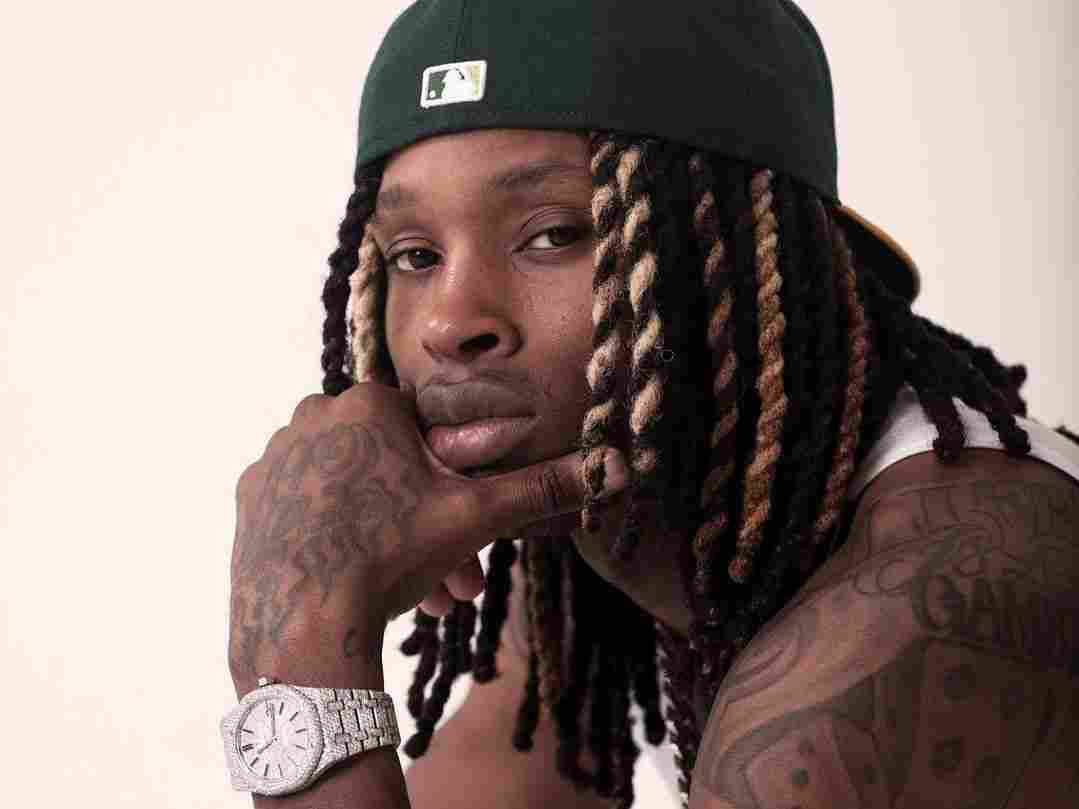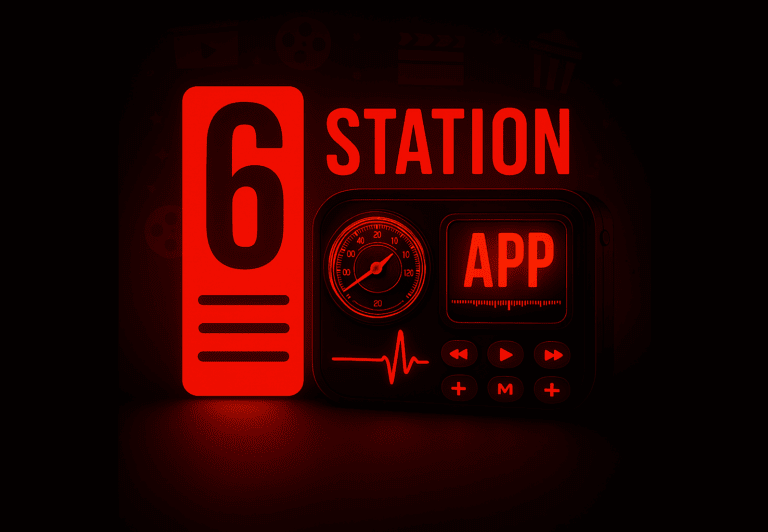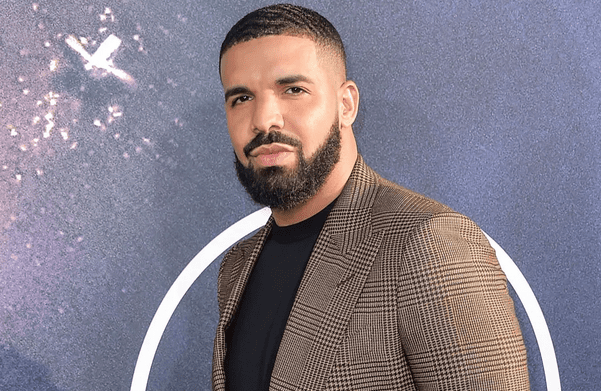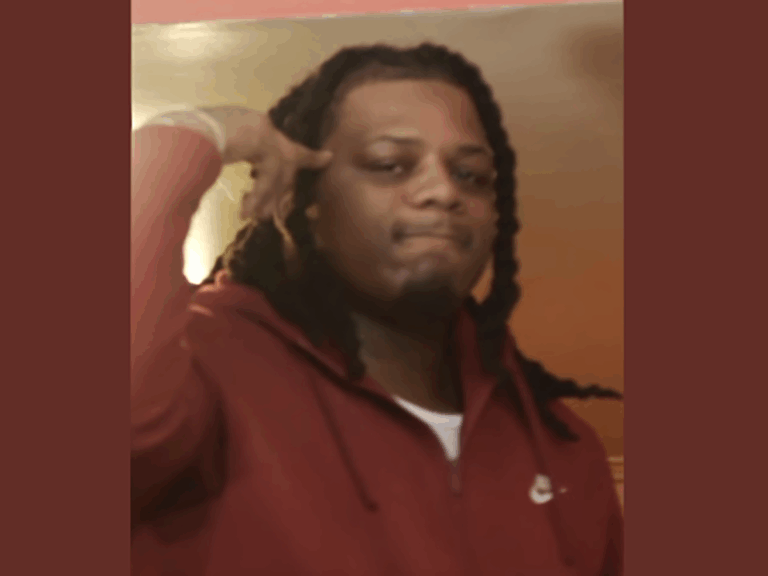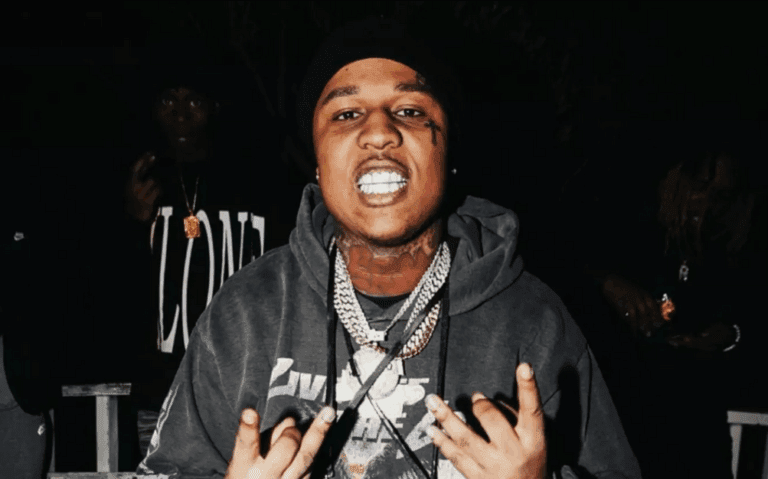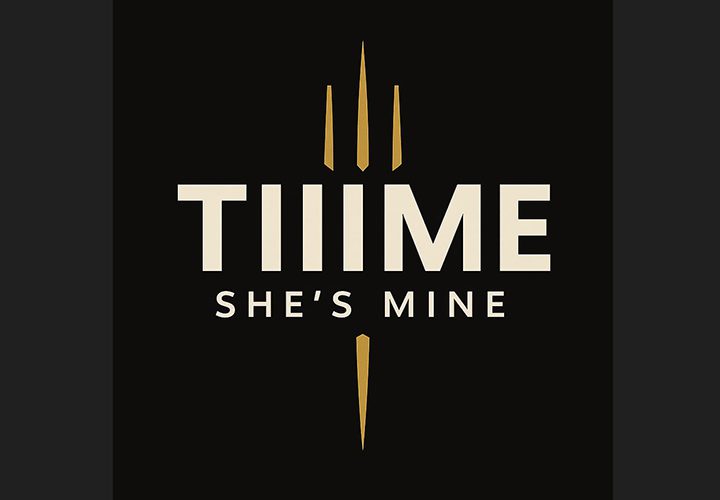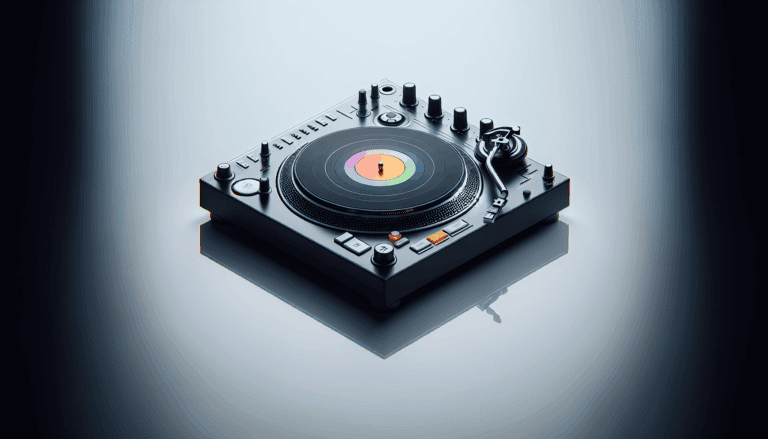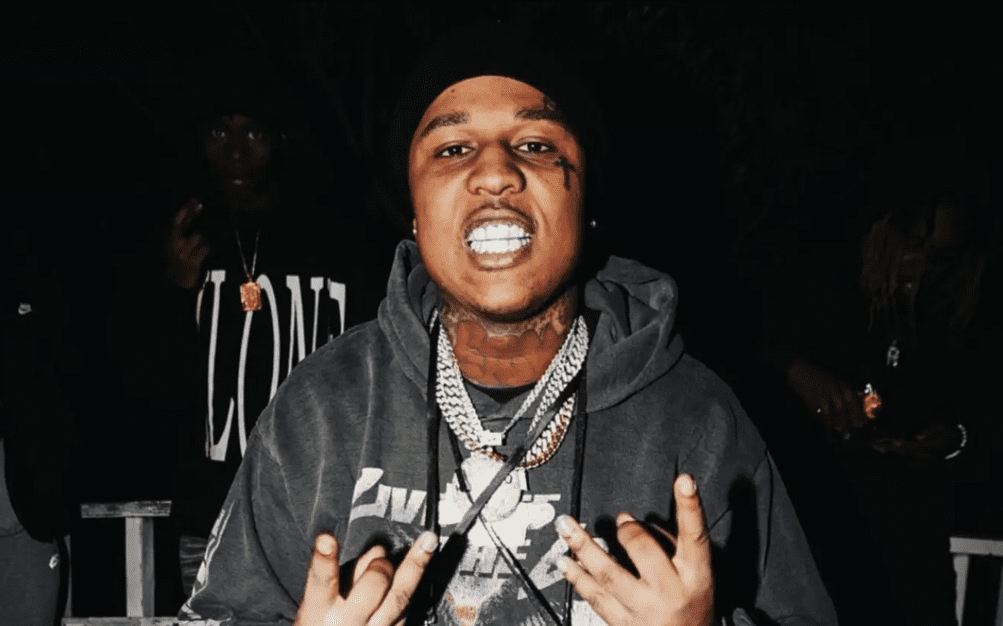
Jaymani Gorman, better known as EBK Jaaybo, wasn’t molded by the industry—he was molded by trauma. Born in Stockton, California in 2003, a city infamously plagued by gang violence and economic despair, Jaaybo’s life and lyrics were forged under pressure. He didn’t grow into rap through talent shows or school assemblies. His origin was pain. He watched friends die, dodged death himself, and came of age in a concrete battlefield where respect was earned in blood. When he stepped in front of a microphone, he didn’t rap for applause—he rapped for survival.
By 2020, his name was bubbling in the underground. Tracks like “Boogieman” racked up millions of streams and made it clear—this kid wasn’t just another street rapper. He was a storyteller with a menacing calm, delivering bars like confessions, often as haunting as they were hypnotic. His breakout moments came through raw solo releases and viral clips on YouTube, where his demeanor and delivery earned him the moniker “The Reaper of Stockton.” His catalog wasn’t a celebration of violence—it was a documentation. There was no glamor in the bloodshed, only consequence.
By the time he dropped The Reaper in 2024 and Don’t Trust Me in early 2025, Jaaybo had cemented his place as one of the most chillingly authentic voices in West Coast drill. Publications like Pitchfork praised his “blunt diss records” and “insight into grief and trauma.” He wasn’t just rapping for the trenches—he was rapping from them. As a result, he developed a cult-like following, particularly among fans who wanted raw, unfiltered realism. His inclusion on NBA YoungBoy’s “Make America Slime Again” stadium tour in 2025 seemed like the next step toward something major. He was knocking on the door of mainstream success—but his demons never left the porch.
The Arrest That Stopped Everything
Just as the doors to a bigger platform were opening, they slammed shut. On May 18, 2025, Jaaybo was arrested in Pope County, Arkansas after a traffic stop turned into a full-blown raid. Law enforcement reportedly discovered two controlled substances, a firearm, stolen property, and most disturbingly, evidence of illegal animal fighting. He was charged with four felony counts: possession of controlled substances, criminal use of a prohibited weapon, theft by receiving, and animal cruelty. With those charges, the narrative around EBK Jaaybo flipped instantly—from breakthrough artist to national headline.
This wasn’t his first time in trouble. In March 2025, Jaaybo had already faced jail time related to firearms possession and violations of his California probation terms. The May arrest, however, was more damaging—because it happened during a moment of national exposure. He was on the cusp of XXL Freshman buzz. His new mixtape Don’t Trust Me had been covered by major outlets. And he was slated to perform on one of the biggest rap tours of the year. But suddenly, all of that took a back seat to mugshots, court dates, and federal charges.
The Arkansas charges struck a different chord than the usual rapper-in-trouble narrative. Drugs and guns are almost cliché in hip-hop headlines. But animal cruelty crosses into territory that alienates even the most loyal fanbases. While few details have been officially released, the accusation alone triggered outrage. Animal fighting, especially if organized, evokes images of systemic abuse, not just street chaos. For an artist who once drew admiration for his honesty, the charges now painted him as a villain not just in the eyes of law enforcement—but also among fans and critics.
The fallout was swift. Though he technically remained on the MASA tour roster as of June, his ability to perform remained in doubt. Online debates erupted. Some defended him as a victim of profiling and targeted surveillance, claiming his arrest was orchestrated to suppress street artists speaking painful truths. Others turned on him, disgusted by the nature of the allegations. In a single week, Jaaybo went from one of Stockton’s most compelling voices to a cautionary headline: another young Black man whose truth was too raw, and whose life was too real to sanitize for industry approval.
Lyrics, Law, and the Line Between Art and Evidence
EBK Jaaybo’s legal situation also reignited a broader cultural war: Should rap lyrics be used as criminal evidence? His songs—many of which describe guns, revenge, and death in harrowingly vivid detail—are not mere metaphors. They are reflections of his reality, and perhaps of crimes still under investigation. Prosecutors across the country have increasingly relied on an artist’s words as confessions. In Jaaybo’s case, that tactic could be especially potent, given his reputation for realism and specificity.
In 2024 and early 2025, civil rights organizations, artists like Jay-Z and Meek Mill, and even legislative leaders began pushing for bans on using lyrics in court without direct evidence. They argue that rap—unlike other music genres—is unfairly policed and weaponized against Black artists. Country singers can talk about whiskey-fueled fights; rock stars can scream about overdose and death. But a rapper describing “bodies dropped in the alley” risks a subpoena.
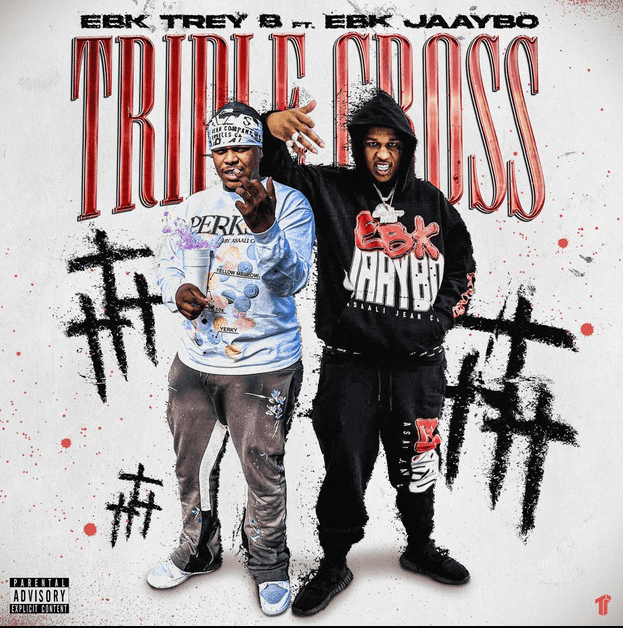
While Arkansas authorities have not publicly confirmed they plan to use Jaaybo’s lyrics in court, the pattern is clear: in past federal cases, similar artists have been convicted in part due to their own verses. EBK’s mixtape Don’t Trust Me was released just two weeks before his arrest and contains several tracks describing retaliation, travel with firearms, and evasion of law enforcement. The irony is painful—an artist finding success through brutal honesty may now be punished for the same.
This blurred line between art and evidence is particularly dangerous for artists like Jaaybo who don’t fictionalize their persona. For him, the music was never an act. But that realness, once a badge of credibility, may now be his legal noose. If prosecutors tie his lyrics to the charges—especially the ones about violence or travel—it could complicate an already uphill battle. In 2025, the question is no longer just “Can you be real?” It’s “Can you survive being real if the system’s listening?”
What Comes Next for EBK Jaaybo?
As of mid-2025, EBK Jaaybo remains in custody. No official trial date has been announced, and his legal team has yet to comment publicly. His fans are split—many continue to stream his music, flood comment sections with free Jaaybo hashtags, and defend his legacy. Others, especially those upset by the animal cruelty allegation, see this as the end of a tragic, self-inflicted arc. Meanwhile, the Stockton scene holds its breath. EBK was its most visible flagbearer. Now, it risks becoming a scene known more for indictments than innovation.
The next steps depend on several factors: whether the prosecution can tie him to organized animal fighting; whether the drug and weapon charges hold under scrutiny; and whether lyrics become part of the evidence pile. If convicted on all counts, he faces significant prison time. And for a 21-year-old artist still just emerging, those years could bury a career still in its first chapter.
Yet, if there’s one thing Jaaybo has proven, it’s resilience. He released The Reaper from behind bars. He dropped Don’t Trust Me while ducking legal issues. He’s built a fanbase loyal not to polish or persona—but to pain and poetry. Whether that’s enough to weather this storm remains to be seen.
For now, EBK Jaaybo’s fate hangs in the balance. His story is more than a headline. It’s a mirror to the world hip-hop emerged from. It’s a reminder that the same voice that tells the truth for the voiceless can be silenced with a gavel. And it’s a warning that in today’s world, being “real” might cost you everything—especially if you say it out loud.
